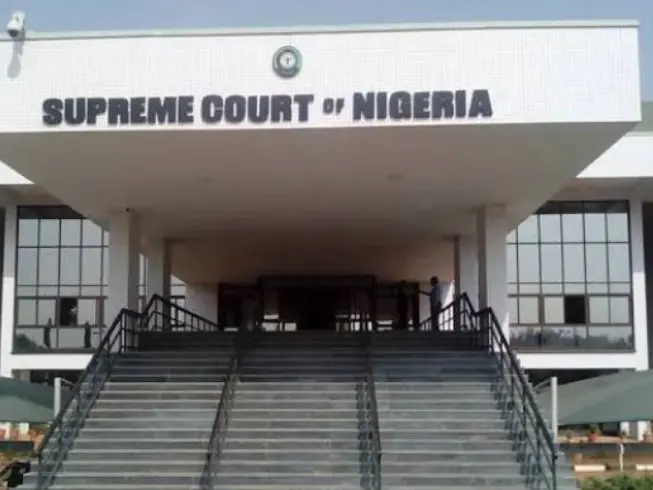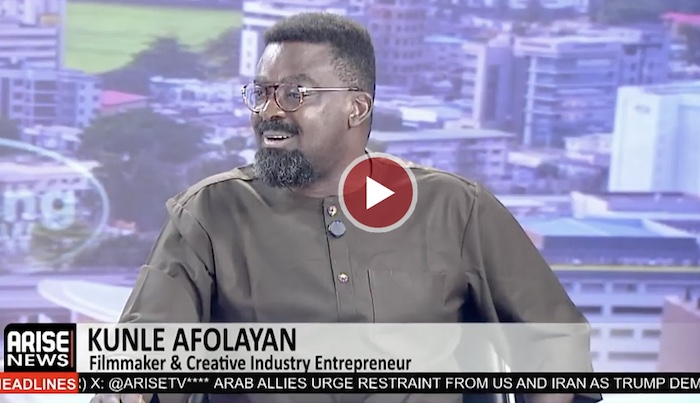
The Lagos State Government has petitioned the Supreme Court, seeking permission to initiate contempt proceedings against the National Assembly for allegedly violating a subsisting judgment that prohibits federal legislation on gaming and lottery matters.
In a motion filed by senior advocate Bode Olanipekun (SAN) on behalf of the Lagos State Attorney-General, the state is asking the apex court for leave to commence judgment enforcement through the issuance of Form 48—the statutory precursor to committal for contempt.
Under Nigerian law, Form 48 serves as a formal warning to any individual or institution disobeying a court order, with continued disobedience punishable by imprisonment.
According to the affidavit supporting the motion, Lagos argues that the National Assembly is acting in blatant defiance of the Supreme Court’s landmark judgment in SC.1/2008 — Attorney-General of Lagos State & Ors. v. Attorney-General of the Federation & Ors., delivered on November 22, 2024. That ruling invalidated the National Lottery Act and held unequivocally that lottery and gaming do not fall within the National Assembly’s legislative competence.
Despite that clear decision, Lagos says the federal legislature has continued working on the Central Gaming Bill, which contains extensive provisions—particularly in Clauses 7 and 21–64—that regulate lottery and gaming activities.
The state contends that these clauses mirror the voided National Lottery Act and therefore amount to a direct breach of the Supreme Court’s authority.
The affidavit further notes that both the struck-down National Lottery Act and the proposed Central Gaming Bill adopt nearly identical definitions of “lottery” and “online gaming,” describing them as games, schemes, plans, or promotional competitions based on chance—or a mix of skill and chance—that require federal licensing. Lagos insists that such regulatory frameworks fall strictly under state jurisdiction.
More troubling, Lagos argues, is Clause 62 of the new Bill, which attempts to introduce a “savings provision” that would validate actions taken under the already-nullified National Lottery Act.
The state describes this as a deliberate attempt to resurrect a law the Supreme Court has expressly struck down, constituting a clear affront to the constitutional supremacy of the judiciary.
Lagos also emphasized that since the apex court’s 2024 judgment, there has been no amendment to either the Exclusive or Concurrent Legislative Lists in the 1999 Constitution (as amended) to include lottery or gaming, reaffirming that the National Assembly lacks authority to legislate on the matter.
The Supreme Court had rejected arguments that gaming falls under “trade and commerce” in Item 62 of the Exclusive List or that its interstate or electronic nature confers federal oversight.
By returning to the Supreme Court, Lagos seeks to enforce compliance through contempt proceedings—an action that could set a profound constitutional precedent, clarify the limits of federal power, and reinforce the binding nature of Supreme Court judgments within Nigeria’s democratic framework.



